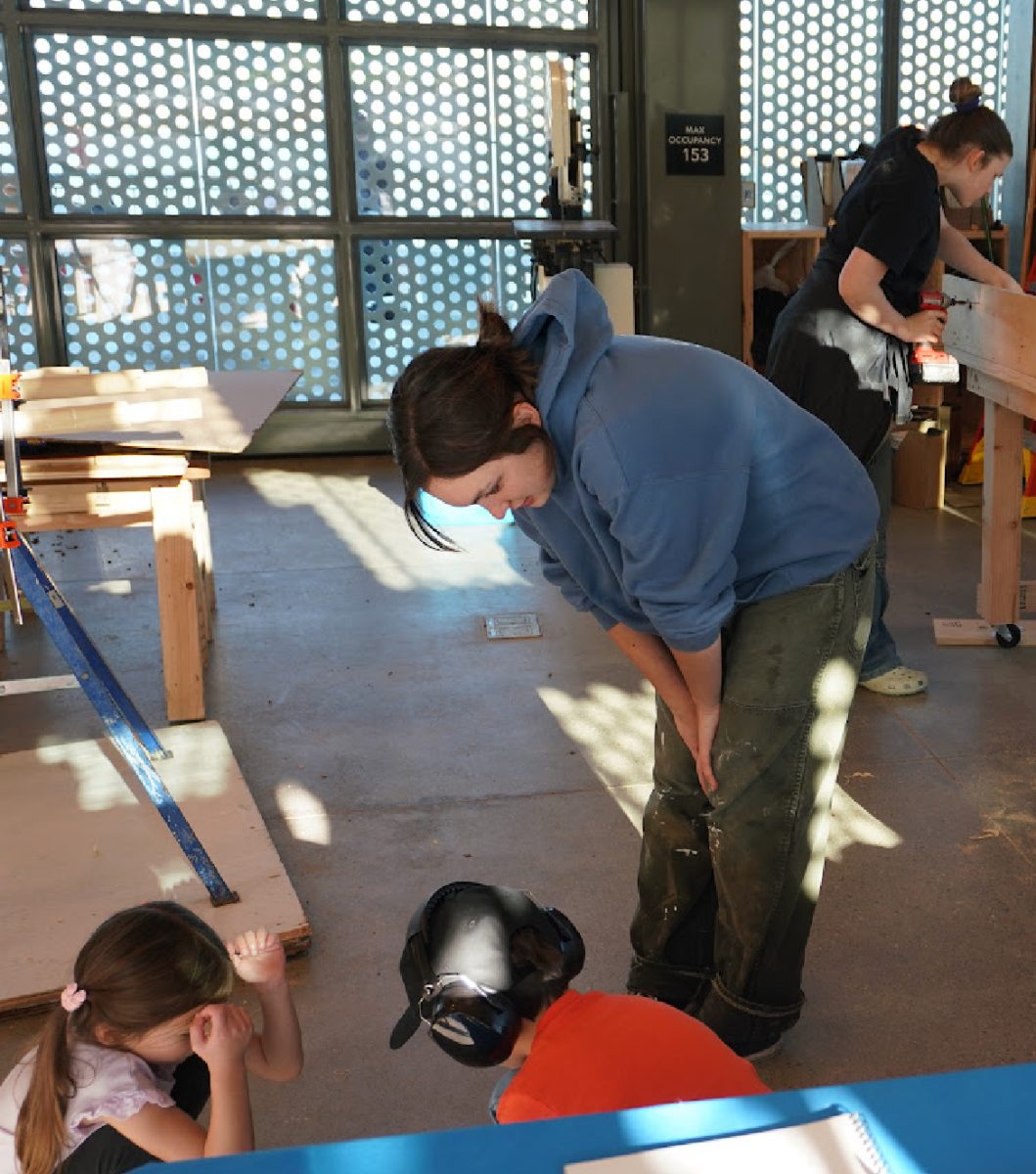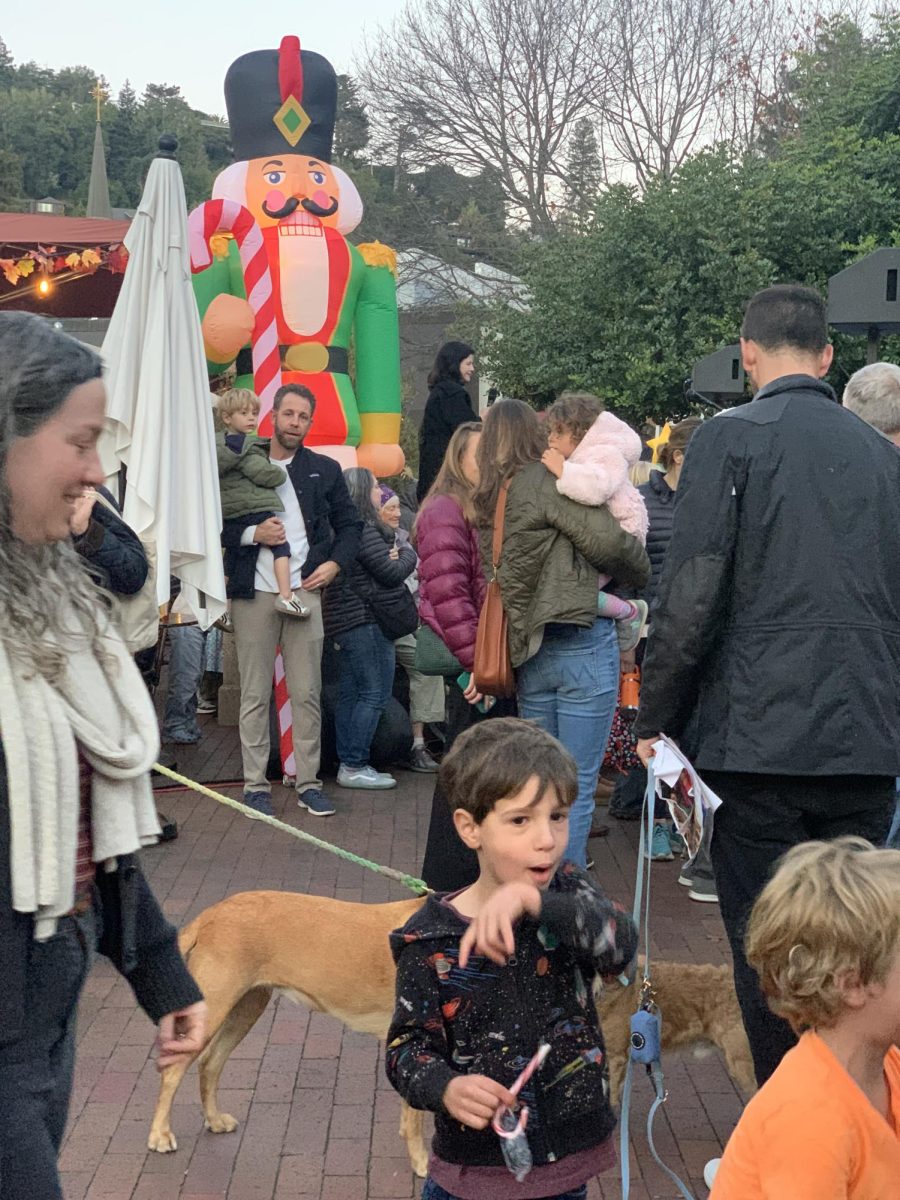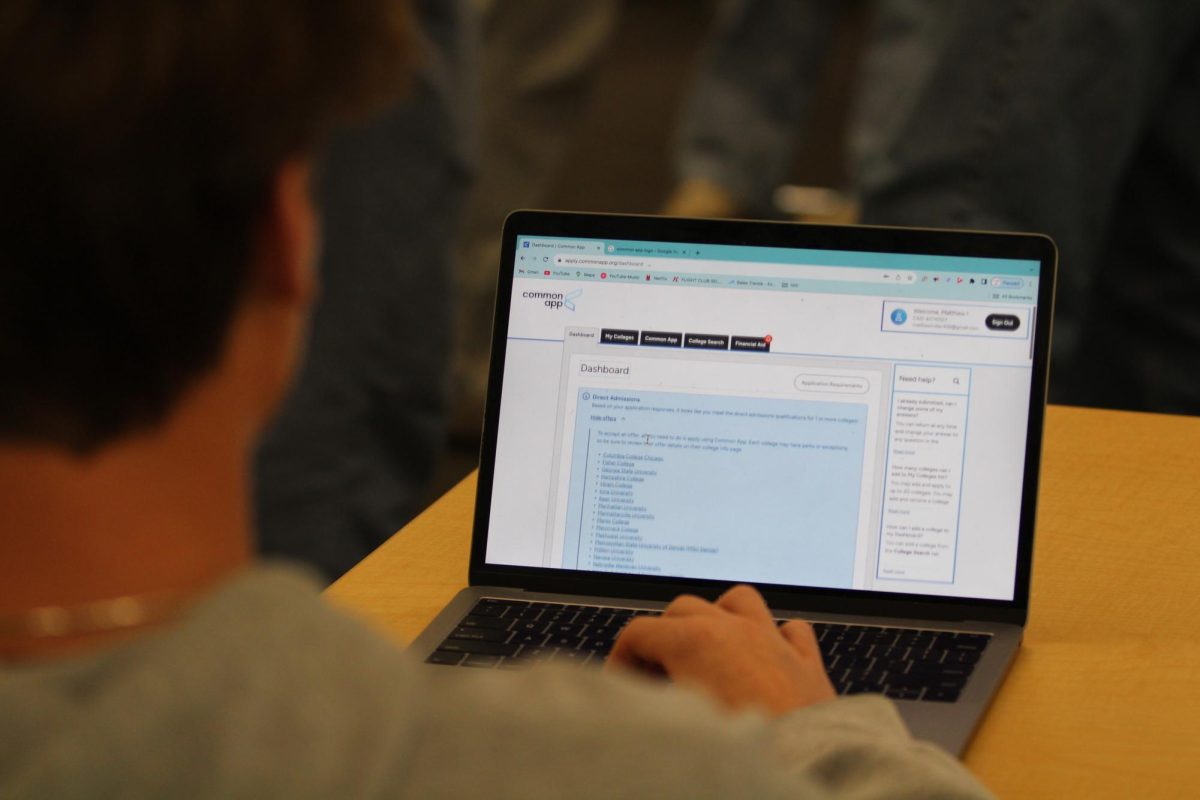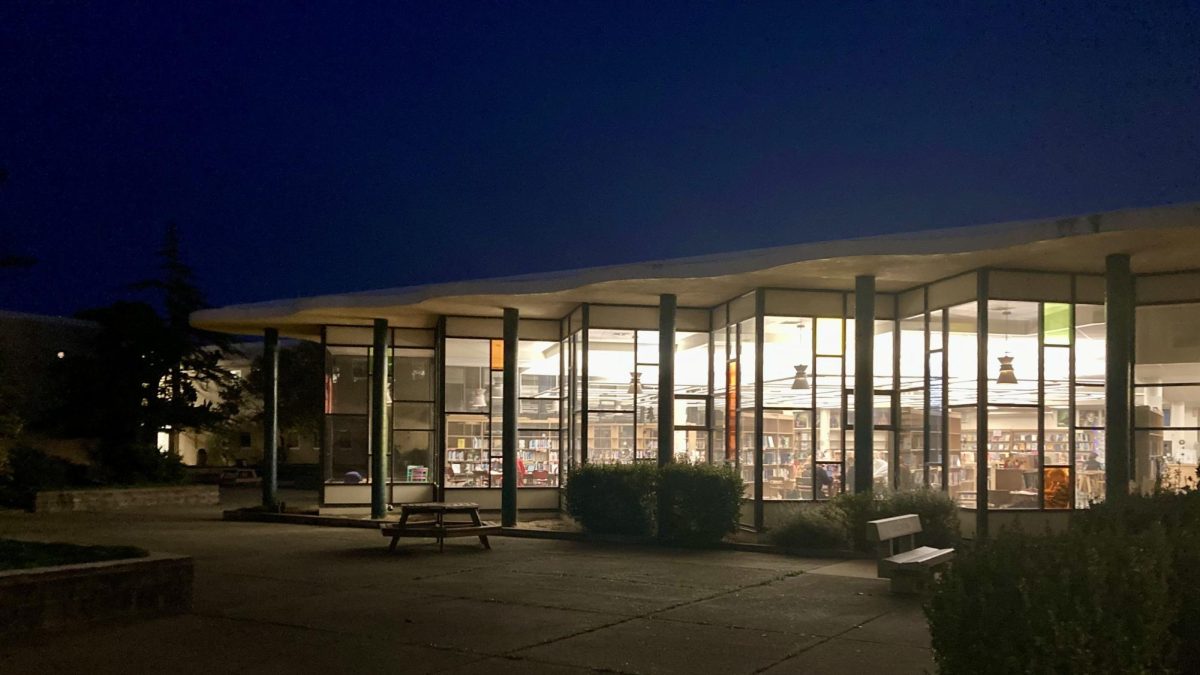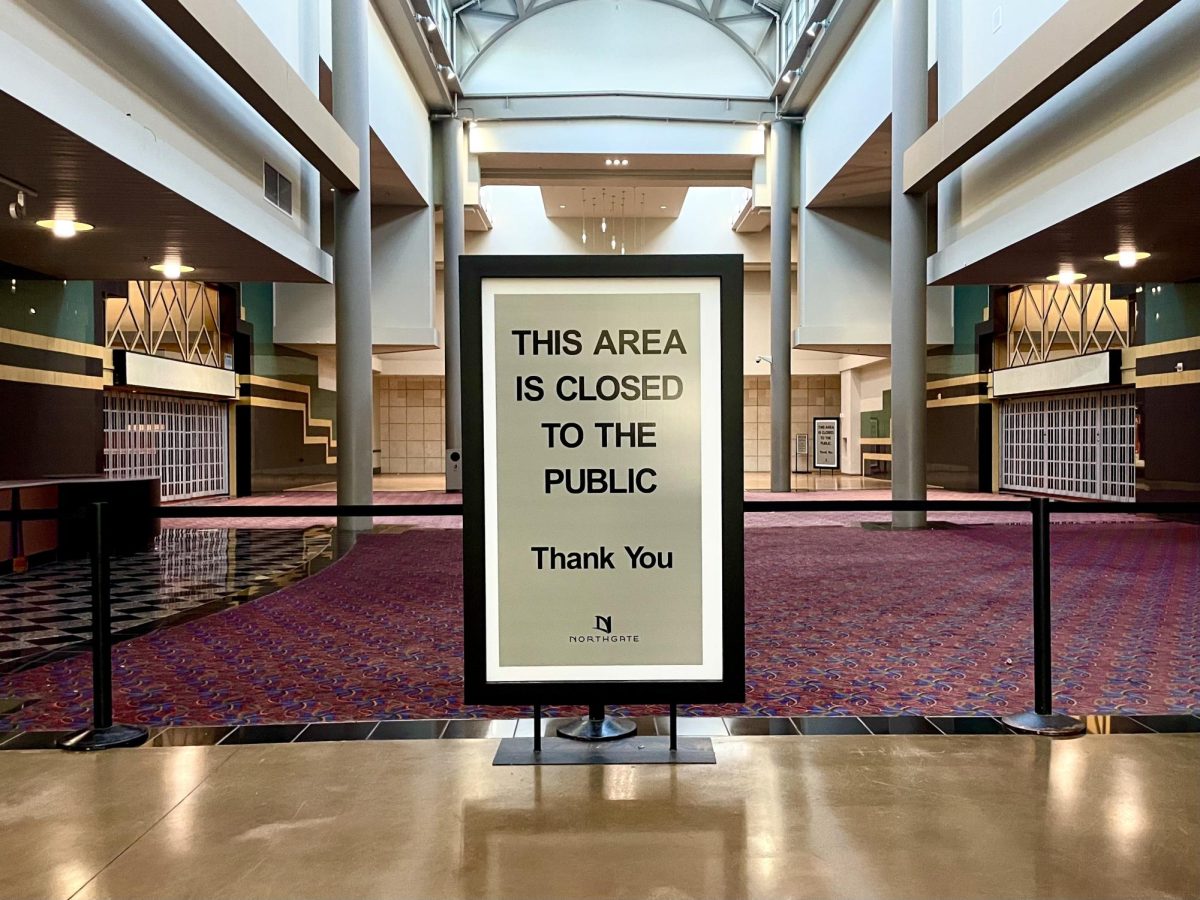Last month, the City Council of Belvedere agreed to purchase cameras to track the license plates of vehicles entering and leaving the city.
The City Council unanimously voted on Nov. 10 for the implementation of these four license plate cameras due to recent property crime. According to police chief Trisha Seyler, the town saw a significant increase in crime this past July.

The projected cost of the camera installation is $46,385, according to Seyler. The cameras will take a photograph of the rear license plate on all cars that enter or leave Belvedere.
“[The cameras] will more closely monitor vehicles coming and going,” Seyler said. “It will give us a much smaller sample size when investigating crime than the cameras in Tiburon will.”
The town of Tiburon implemented six surveillance cameras along Belvedere Blvd. and Paradise Dr. in February of 2010. The decision was in partnership with the Belvedere City Council.
The American Civil Liberties Union (ACLU), a group against the implementation of the cameras, is questioning whether the cameras are a violation of privacy, according to the Marin ACLU chapter secretary Bob Harmon.
“The question is, during a criminal investigation if the privately stored information is invasive to [innocent] people,” Harmon said.
Although the cameras are intended to keep the community safe, the ACLU feels as though the amount of crimes committed are only a small fraction of the data the authorities collect.
Seyler assured the cameras would only keep the footage of license plates for 30 days before being deleted. The only instance in which the police would access the stored data would be due to a criminal investigation.
“We would be able to come up with possible leads for the time the crime was committed,” Seyler said.
The ACLU’s concern over the privacy of innocent people in a criminal case has been supported in other cities with similar surveillance systems.
A single resident in disagreement with the surveillance could raise the issue of invasion of privacy, according to Harmon. If that were to be the case, a second decision could be determined by a future election if there is disagreement between the residents and the City Council.

